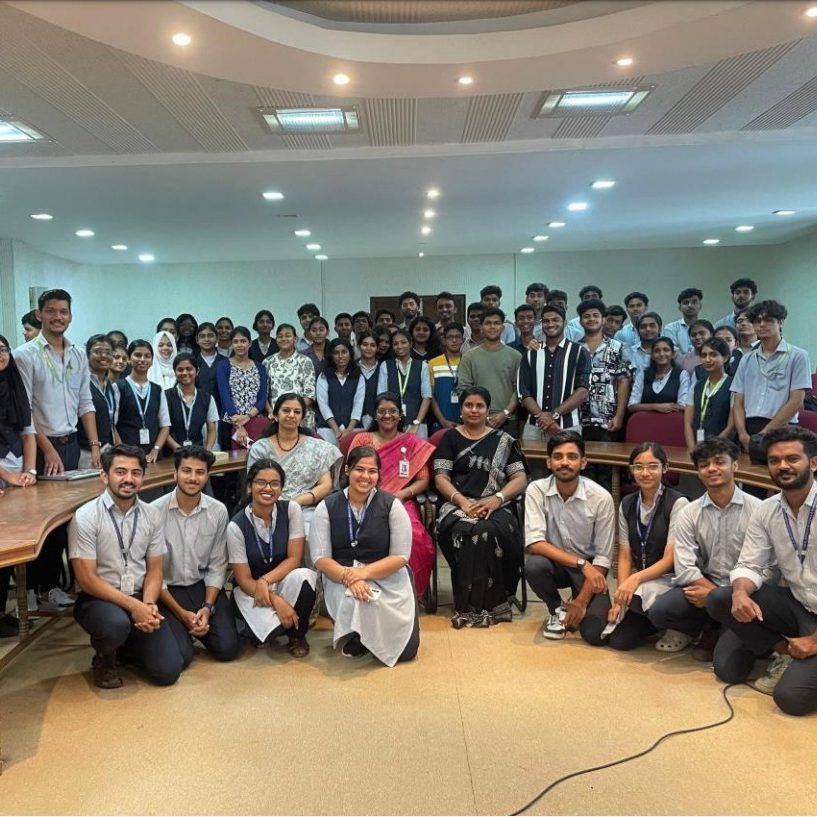Sherali Zeadally is an Associate Professor in the College of Communication and Information at the University of Kentucky. Dr. Zeadally received his Bachelor degree in Computer Science from University of Cambridge, England in 1991 and his Doctoral degree in Computer Science from the University of Buckingham, England in 1996. Between 1996 and 1997, Dr. Zeadally conducted his Postdoctoral Research at the University of Southern California.
Dr. Zeadally is an IEEE Distinguished Lecturer for the IEEE Vehicular Technology Society (2018-2020) and an ACM Distinguished Speaker (2017-2020). He has co-authored or authored more than 350 peer-reviewed publications out of which over 235 have appeared in peer-reviewed, high impact international journals/magazines. He has edited or co-authored 7 books published by well-known publishers (Springer, CRC press, IET). Dr. Zeadally is Editor-in-Chief of a peer-reviewed international journal and editorial board member or associate editor for over 30 peer-reviewed international journals.
Dr. Zeadally won several best/outstanding paper awards for his research. He has obtained several research grants from NASA, NSF, and other agencies in the US. In the last 20 years, he also won several outstanding research, teaching, and service awards and prestigious fellowships nationally and internationally. He is a Fellow of the British Computer Society and a Fellow of the Institution of Engineering Technology, England.
University of Kentucky
Lexington, KY, 40514
Email: szeadally@uky.edu
DVP term expires December 2022
Presentations
Cybersecurity Challenges and Future Research Opportunities
In this talk, Dr. Zeadally discusses emerging cybersecurity challenges faced by researchers currently and present future research opportunities that can address some of these challenges. Specific application domains that he focuses on during the talk include: transportation, critical infrastructures, Internet of Things, and smart cities.
Privacy in Cyberspace
In this talk, Dr. Zeadally discusses how technologies have been eroding our privacy in our daily lives. Then, he presents various privacy enhancing technologies and solutions that could help protect our privacy. He will discuss several privacy enhancing architectures and protocols that have been proposed and implemented in application domains such as vehicular networks, smart grid, healthcare, and so on. Finally, he discusses future privacy challenges.









